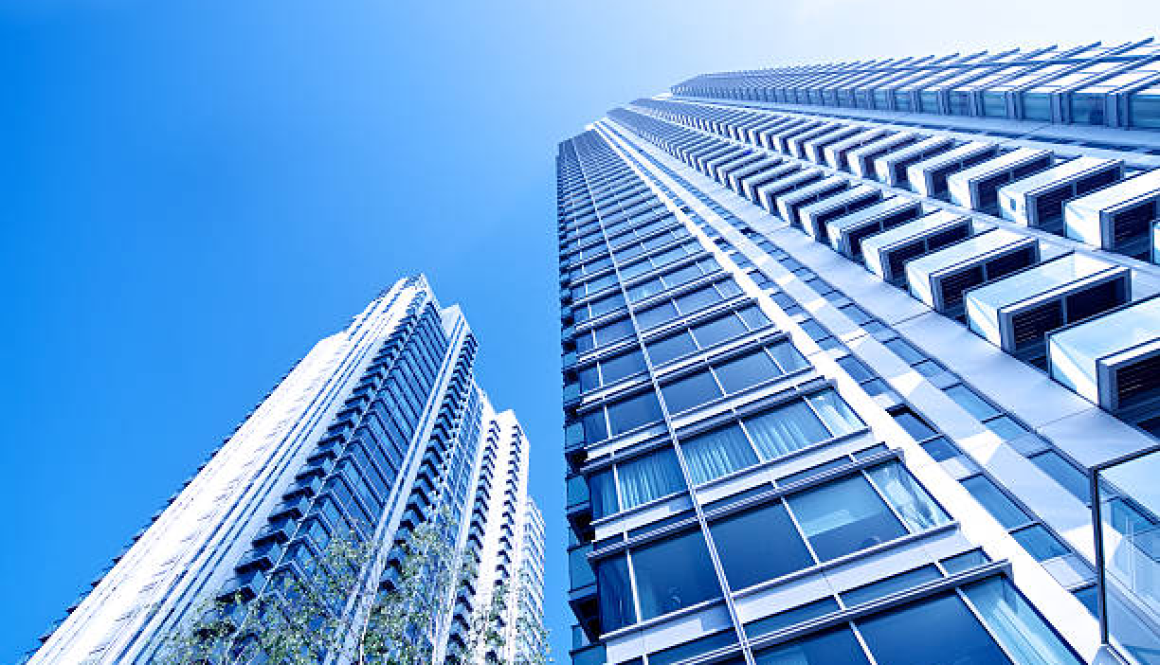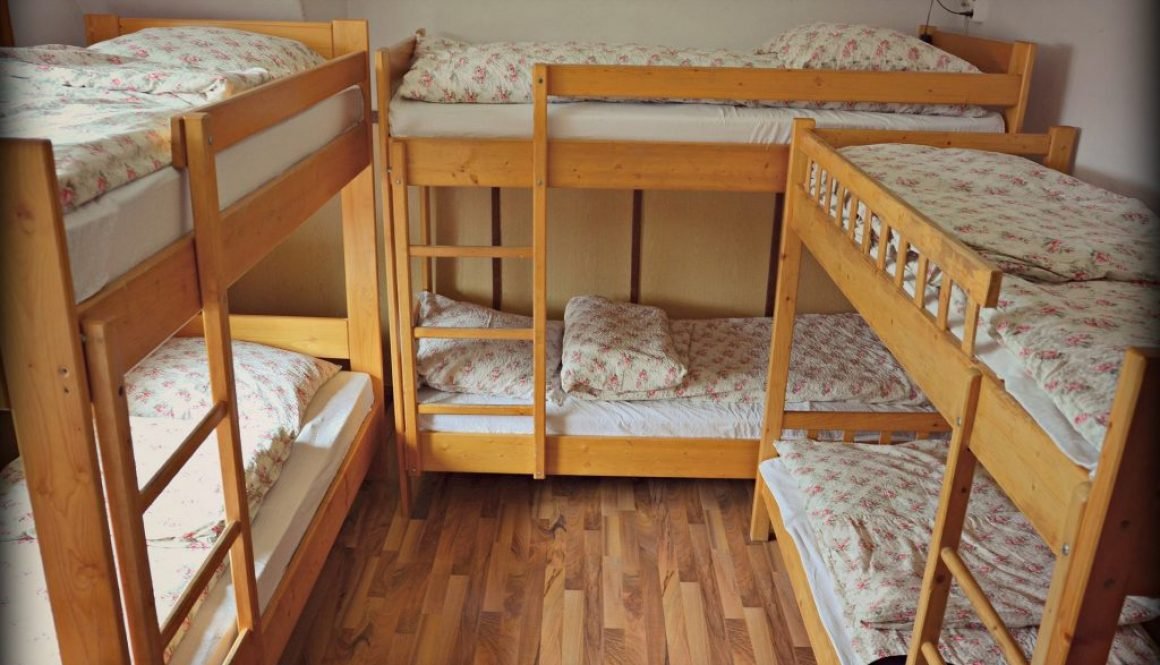Bottled and Jarred Packaged, Depending on what type of jarred and bottled packaged goods you want to sell, there are different ways to do it. For example, you can have wooden, plastic, or Victorian containers.
Glass containers
Using glass containers for bottled and jarred packaged goods is not only convenient but also a smart choice. These containers protect your food from external damage and help it maintain its quality for a long time. These containers are light, versatile, and eco-friendly.
The use of packaging in the food and beverage industries has been around for years. Packaging helps manufacturers and retailers deliver goods safely and securely to consumers. Packaging prolongs an item’s life, reduces production costs, and helps businesses use a smaller portion of their storage space.
Several companies use large glass jars for packaging goods. These containers help protect your goods from varmints and other pests. While these containers are useful for food and beverage products, they can also be used for non-food items such as garden tools.
Glass containers for bottled and jarred packaged goods have been around for ages. They were first used in Ancient Egypt. This method of packaging was also used in Southeast Asia around 100 B.C. Today, they are still a popular choice.
shapes and sizes
These containers are also available in various shapes and sizes. Some of them are square, while others are round. They also come in different thicknesses. These containers are designed to keep food warm or cold, as well as to prevent spillage. These containers also come with lids. They have compressed seals that keep microbes out and inhibit bacterial growth.
Another advantage of using glass containers for bottled and jarred-packed goods is that they are recyclable. Recycling glass containers help reduce the environmental impact of the manufacturing process.
Glass jars can be microwaved without worrying about losing the taste of the food or beverage. Glass containers for bottled and jarred packaged goods also have an airtight seal that helps to keep the contents fresh and clean.
These containers also store items such as toiletries and hair products. They are inexpensive and lightweight, so they are easy to transport. They also come in recyclable, eco-friendly, and eco-friendly variants.
The most important part of the packaging is keeping your food and beverages safe. This helps ensure they are delivered to consumers in the same condition they arrived in.
Victorian containers
During the Victorian era, glass containers, also known as Victorian bottles, were a popular form of packaging. These were strong, aesthetically pleasing, and protected the product during transit.
Food preservation methods in the 19th century included sugaring, drying, pickling, smoking, alcohol, and storing food in icehouses. While these methods were common, they often left food in a less-than-desirable state. In addition to preserving food, these methods also added flavour.
In the early twentieth century, a new invention called the freezer allowed people to keep their food fresher for longer periods of time. This was especially beneficial to people who didn’t have access to better food preservation methods.
These inventions also led to the development of bottled and jarred packaged goods. These products, originally used to store food, exploded in popularity in the nineteenth century. These goods are sold in glass containers of all shapes and sizes.
Packaging is a crucial aspect of product delivery. It serves as a barrier between the product and the environment, and it also serves as a marketing tool to persuade the consumer to purchase the product.
packaging material
Packaging can be made of glass, aluminium, or cardboard. The most commonly used packaging material is glass. Typically, glass containers are designed with a shorter mouth and a larger volume.
Metal containers can store beverages, food, and even garden tools. Metal containers are also very strong and can be used to package liquids. Aluminium containers are lightweight and are more environmentally friendly.
Bottled and jarred packaged goods are available at grocery stores and other retail locations. These products come in a variety of sizes, shapes, and colours. You can also purchase them online. The type of container you choose depends on the product you want to store. If you purchase a glass container, you can use it to store beverages, vegetables, meat, and even jam.
While jarred packaged goods are useful for short-term storage, they are also ideal for long-term storage. Jarred goods are often used to store preserves, pickles, and jams.
Wooden containers
Choosing wooden containers for bottled and jarred packaged goods is a great way to save money and preserve your food. These containers help keep your food fresh, avoid contamination, and preserve the product’s flavour. It’s also more eco-friendly and recyclable.
Bottled and jarred packaged goods can be stored in airtight containers. This prevents contamination and oxygen from spoiling the contents. It also keeps the goods fresher for a longer time period. This is a particularly good option if you’re on the go.
Wooden packaging is also environmentally friendly and recyclable. It’s also cost-effective and lightweight. In addition, it is biodegradable. However, it doesn’t offer many customisation options.
Plastic bottles are probably the most popular container in the world today. Although plastic is cheap, flexible, and lightweight, it’s also not very recyclable. Plastic is not renewable and can take hundreds of years to break down. Moreover, plastic is also one of the biggest sources of pollution in the modern world.
Glass containers
Glass is another popular option for bottled and jarred packaged goods. Glass containers are airtight so that the contents won’t oxidize or contaminate. They can also make products look more impressive. The downside of glass is that it’s a bit fragile.
Cardboard is another good choice for packaging. Although cardboard isn’t as durable as plastic or wood, it’s cheap and lightweight. It’s also recyclable, but it does not offer many customization options.
Glass is also a good choice for packaging because it’s eco-friendly. It prevents the release of harmful chemicals into the air, particularly helpful if you’re trying to reduce your carbon footprint. Glass containers also offer a sterile environment for your food.
Bottled and jarred packaged foods are convenient, easy to find, and provide long-term storage. They’re also a good choice for on-the-go snacks. Choosing fresh fruits and vegetables is also a good idea because they’re best for your health.
Bottled and jarred packaged food is an excellent choice for people who want to stay healthy but don’t have much time to cook. Whether you’re looking for a quick snack, a meal, or an indulgent dessert, a bottled and the jarred product is right for you.
Plastic Bottled and Jarred
Having the proper packaging is essential to food preservation and transportation. It is also crucial to a product’s marketing and consumption. Packaged goods are popular among consumers because they provide a sense of safety and assurance. They also come in various shapes and sizes.
Packaged goods can be divided into bottled, jarred, and canned. Bottled packaged goods are the most common. They are used for beverages, sauces, and food storage. They are convenient, durable, and affordable. Food manufacturers and medical product makers also use them. Usually, bottled goods are made from non-biodegradable plastics. They can be found in grocery stores and other places. Bottled packaged goods are also more expensive than jarred goods.
Jarred packaged goods are less convenient than bottled goods. They can be used for spices, vegetables, and meat. are also more environmentally friendly. They come in a variety of shapes and colours. easy to store and maintain. They are also quality-assured. They are great for on-the-go eating.
harmful chemicals
Canned goods can be used in moderation. They are often a great addition to the diet. They are inexpensive and convenient, but they can also be bad for the environment. They can also contain harmful chemicals.
Bottled and jarred packaged goods are available in all shapes and sizes. They are also convenient for shopping. They can be found in every grocery store. However, they are not for everyone. Some people have problems opening these packages, which can be difficult to transport.
Plastic bottles are the most common packaging in the world. They are flexible and durable. They are affordable. They are recyclable. However, they are one of the biggest polluters of the environment. Plastic bottles are often buried and mixed with other plastics. They can take hundreds of years to decompose. They are also not renewable. They can also emit toxic chemicals into the environment.
Glass bottles are also an option. They come in different shapes, colours, and sizes. Glass is not harmful. It protects the contents from UV rays. They are also attractive.









